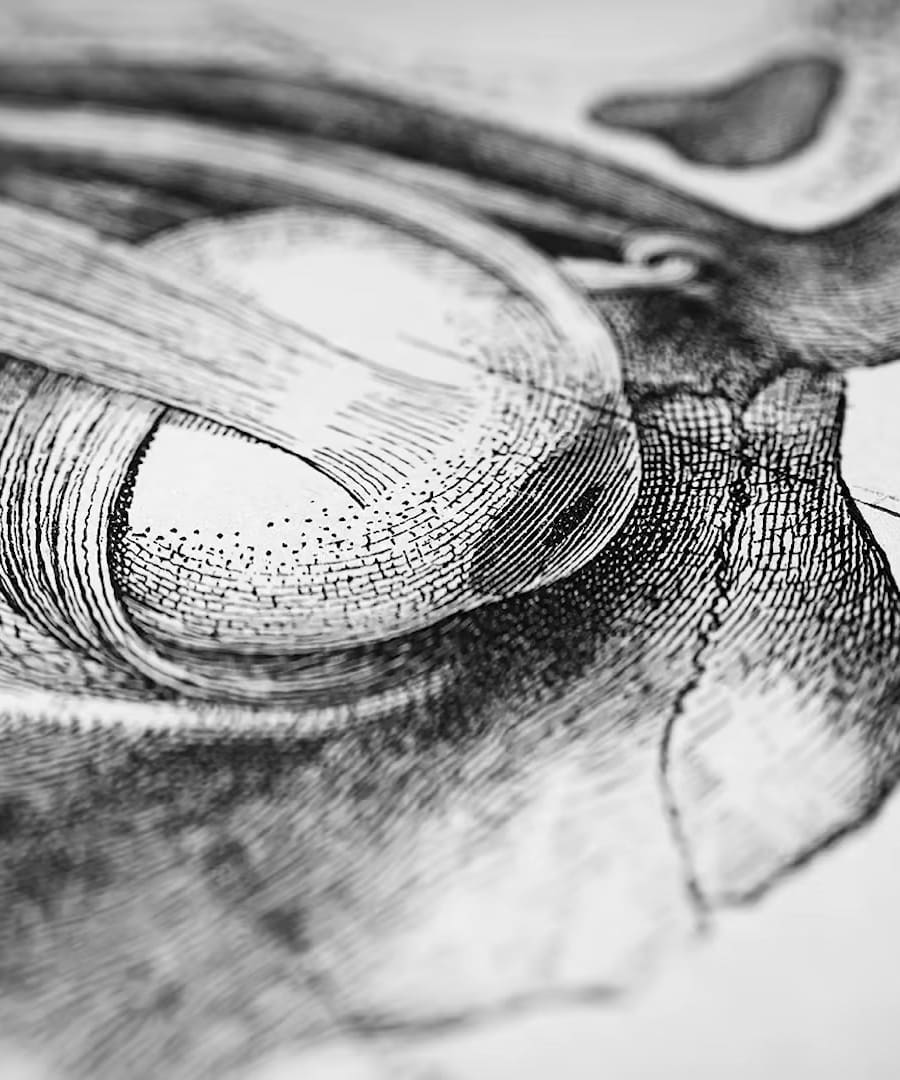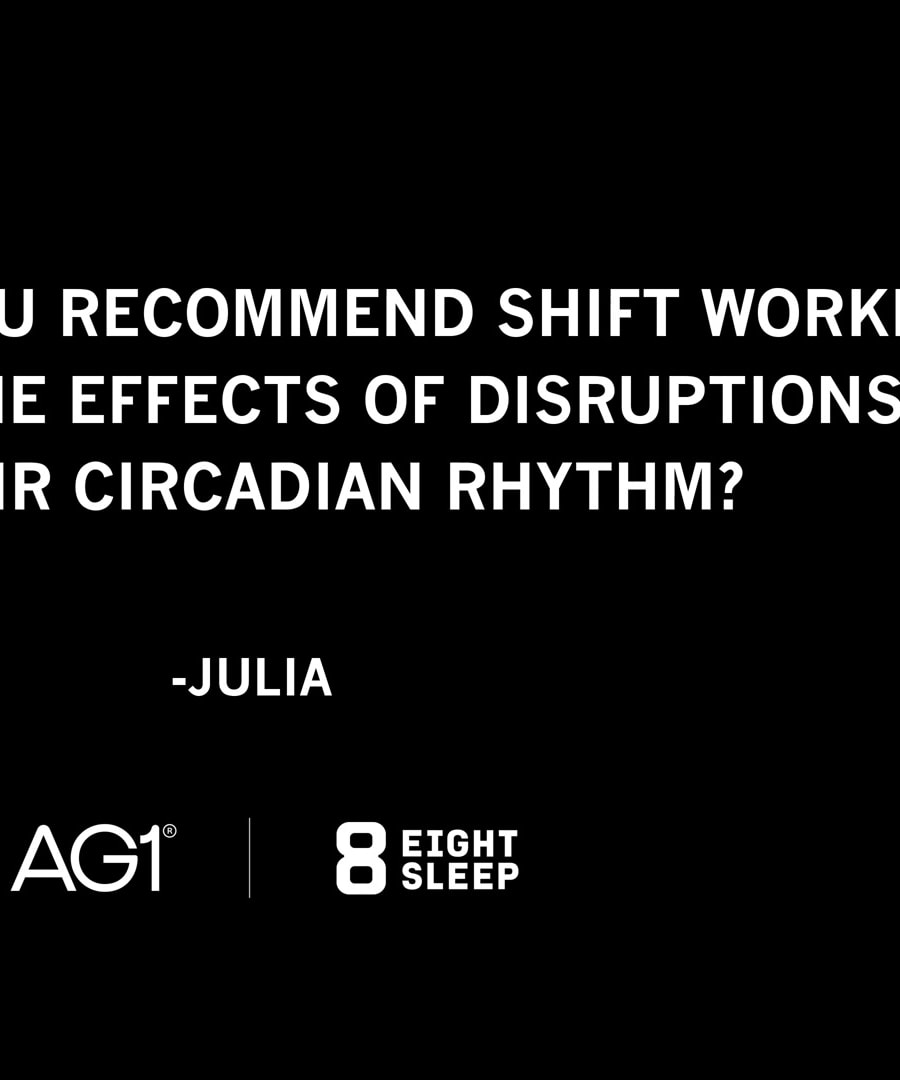Best magnesium for sleep
Sources:
For improving sleep, recommends Magnesium Threonate and Magnesium Bisglycinate. These forms of magnesium are notable for their high bioavailability and their capacity to cross the blood-brain barrier, which enhances sleep depth and onset. He specifically mentions that Magnesium Threonate is actively shuttled to the brain where it engages the GABA pathway, which is crucial for turning off brain activity and facilitating sleep. It's suggested to take 145 mg of Magnesium Threonate 30-60 minutes before sleep. These forms are generally well-tolerated, though some individuals might experience gastrointestinal issues 1 2.
Additionally, while Magnesium Malate aids in muscle recovery and Magnesium Citrate acts primarily as a laxative, they are less effective for sleep enhancement 3. Always consult a healthcare professional before starting any new supplement regimen.
RELATED QUESTIONSBest pillow for deep sleep
Sources:
has not specifically discussed the best type of pillow for deep sleep in the available data. However, he mentions the use of a custom mattress from Helix, which he notes improved his sleep quality significantly. While this does not directly answer the question about pillows, it may be useful to consider how tailored sleeping equipment, like mattresses, can contribute to better sleep 1.
RELATED QUESTIONSWhat other sleep aids does he recommend?
Sources:
has mentioned several sleep aids and practices to improve sleep quality:
-
Magnesium Threonate or Magnesium Bisglycinate: These supplements can help improve sleep depth and onset due to their high bioavailability and ability to engage the GABA pathway 1.
-
Temperature Control: Using tools like Eight Sleep's smart mattress covers which manage the temperature can enhance sleep quality. These covers adjust the temperature through the night, improving sleep stages and overall recovery 2.
-
Exercise Timing: Exercising either early in the morning or late in the day can affect sleep due to its impact on circadian rhythms. Light exercise in the evening can help one unwind and prepare for sleep 3.
-
Mindfulness and Meditation: Regular use of mindfulness practices through apps like Headspace can aid in better sleep, which indirectly contributes to improved mood and mental health 4.
-
Light Exposure Timing: Managing exposure to light and especially the avoidance of blue light before bedtime is crucial. This helps maintain healthy circadian rhythms which are vital for good sleep 5.
-
Helix Mattress: Customized mattresses from Helix can also improve sleep quality by matching an individual's body type and sleeping style, contributing to better sleep throughout the night 6.
These methods focus on both direct supplements and lifestyle adjustments to optimize sleep quality.
RELATED QUESTIONS-
Best magnesium for sleep
- RELATED QUESTIONS
Best pillow for deep sleep
- RELATED QUESTIONS
What other sleep aids does he recommend?
- RELATED QUESTIONS








